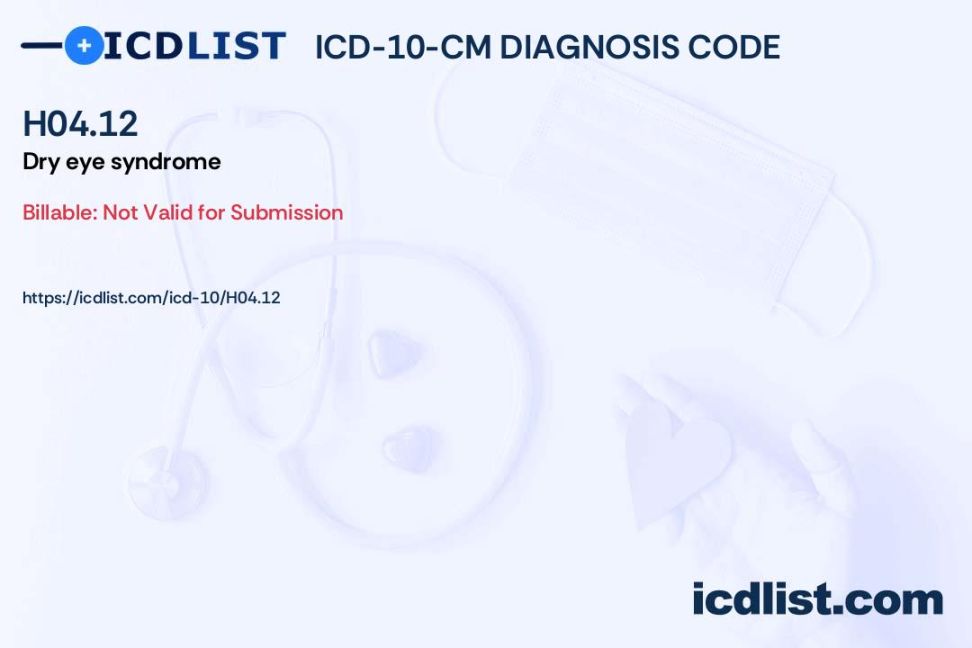Tonic Clonic Epilepsy: Understanding The ICD-10 Code For Proper Diagnosis And Treatment
What is Tonic Clonic Epilepsy ICD 10?
Tonic clonic epilepsy, also known as grand mal epilepsy, is a type of seizure disorder characterized by sudden and intense muscle contractions followed by loss of consciousness. In the ICD-10 coding system, tonic clonic epilepsy is classified under code G40.3.
Code Information
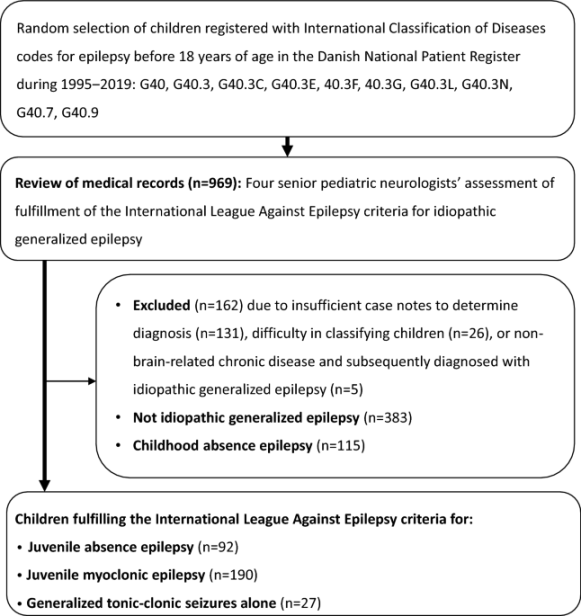
The ICD-10 code for tonic clonic epilepsy is G40.3. This code is used to classify and track cases of tonic clonic epilepsy in medical records and billing systems. It is important for accurate coding and documentation of this condition.
Diagnostic Related Groups (MS-DRG)
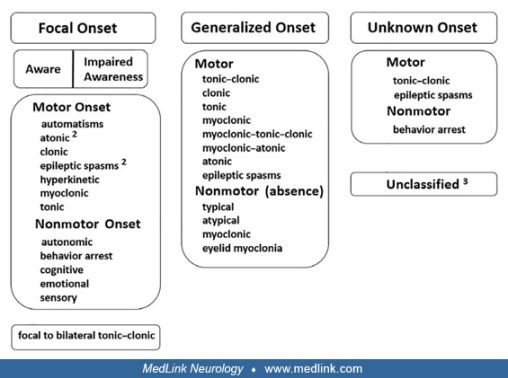
In the Medicare Severity-Diagnosis Related Group (MS-DRG) system, cases of tonic clonic epilepsy may be classified under different codes depending on the specific circumstances of the patient’s condition and treatment. The MS-DRG code for tonic clonic epilepsy is 101.
Convert to ICD-9 Code
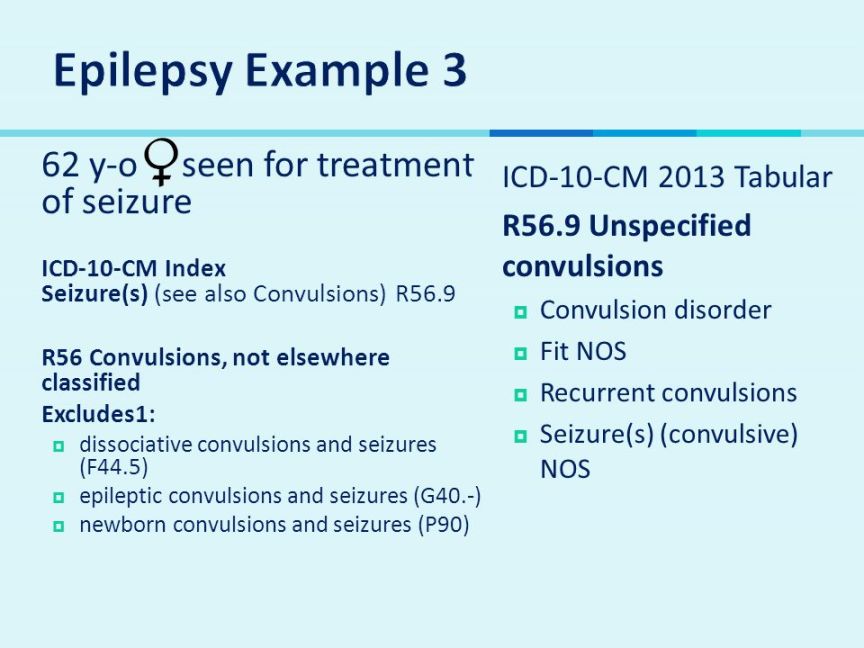
In the previous ICD-9 coding system, tonic clonic epilepsy was classified under code 345.1. This code has now been replaced by the more specific ICD-10 code G40.3.
Code History
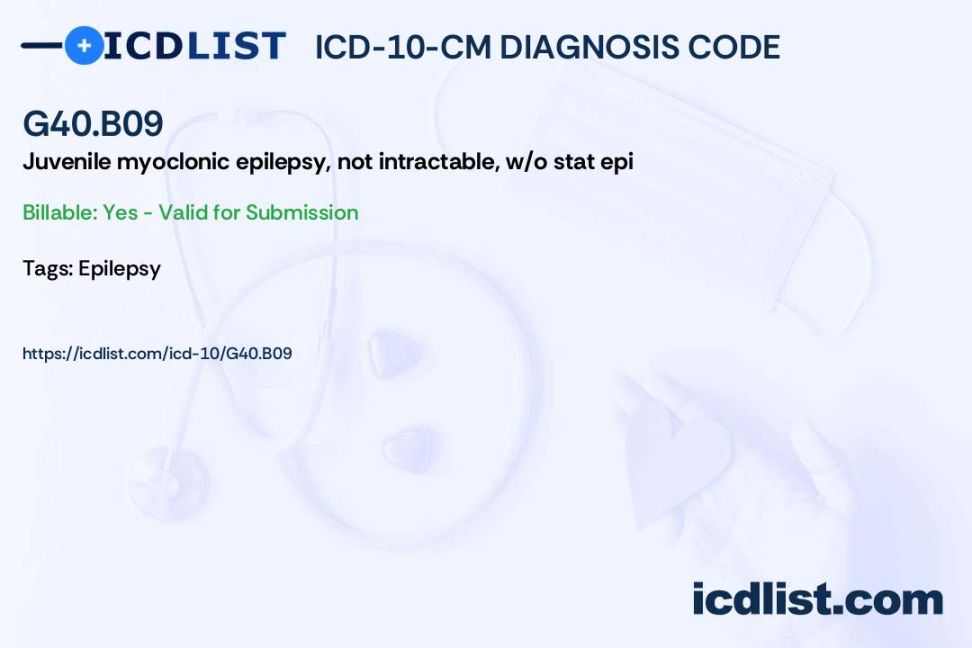
The ICD-10 code for tonic clonic epilepsy, G40.3, was introduced in 2015 as part of the transition from the ICD-9 coding system to the more detailed and specific ICD-10 system. This change was made to improve accuracy and consistency in coding for this condition.
Approximate Synonyms
Other terms that may be used to describe tonic clonic epilepsy include grand mal epilepsy, generalized seizure disorder, and convulsive epilepsy. These terms are often used interchangeably to refer to the same condition.
Clinical Information
Tonic clonic epilepsy is a type of generalized seizure disorder that affects both sides of the brain. It is characterized by sudden and intense muscle contractions, followed by loss of consciousness and sometimes convulsions. This type of seizure can be dangerous and may require medical intervention to prevent injury.
Causes
The exact cause of tonic clonic epilepsy is not fully understood, but it is believed to be related to abnormal electrical activity in the brain. Factors that may contribute to the development of this condition include genetics, brain injury, infections, and other medical conditions.
Symptoms
Symptoms of tonic clonic epilepsy may include sudden and intense muscle contractions, loss of consciousness, convulsions, drooling, and confusion after the seizure. Some individuals may experience an aura or warning sign before a seizure occurs.
Diagnosis
Diagnosis of tonic clonic epilepsy is usually based on a combination of medical history, physical examination, and diagnostic tests such as EEG (electroencephalogram) and MRI (magnetic resonance imaging) scans. These tests can help to confirm the presence of abnormal brain activity and rule out other possible causes of seizures.
Treatment
Treatment for tonic clonic epilepsy may include medication to control seizures, lifestyle modifications to reduce triggers, and in some cases, surgery to remove abnormal brain tissue. It is important for individuals with this condition to work closely with healthcare providers to develop a personalized treatment plan.
Conclusion
Tonic clonic epilepsy is a serious seizure disorder that can have a significant impact on an individual’s quality of life. Accurate coding and documentation of this condition using the ICD-10 code G40.3 is essential for proper management and treatment. By understanding the causes, symptoms, diagnosis, and treatment of tonic clonic epilepsy, healthcare providers can provide better care for patients with this condition.
FAQs
1. Is tonic clonic epilepsy the same as grand mal epilepsy?
Yes, tonic clonic epilepsy is another term for grand mal epilepsy, both of which refer to a type of generalized seizure disorder.
2. How is tonic clonic epilepsy diagnosed?
Tonic clonic epilepsy is usually diagnosed based on medical history, physical examination, and diagnostic tests such as EEG and MRI scans.
3. What are the treatment options for tonic clonic epilepsy?
Treatment may include medication, lifestyle modifications, and in some cases, surgery to control seizures and improve quality of life.
4. Can tonic clonic epilepsy be cured?





